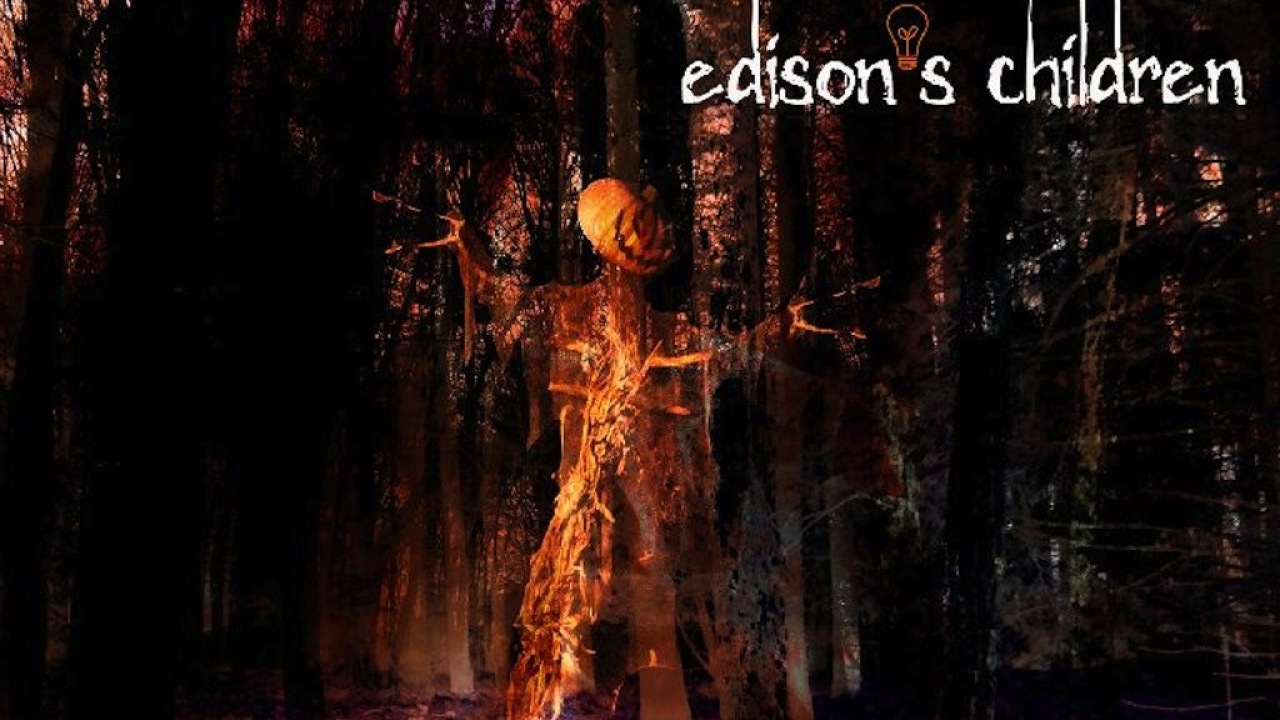Edison’s Children are vocalist/guitarist Eric Blackwood and Pete Trewavas. The latter’s a frequent presence on these pages through his work with Marillion, Kino and Transatlantic. He’s on bass and acoustic guitar here, with both artists also on keyboard, programming and production duties. Their 2011 debut, In The Last Waking Moments, was a concept album that spawned a US radio hit, A Million Miles Away (I Wish I Had A Time Machine), its most potent mix of melodic concision and questing musicality.
If some of those songs tended to drift, nothing there prepared us for their second album. Final Breath and Light Years are the two shorter tracks, the former a gently swinging acoustic and keyboard-based song in 6⁄4 time, the latter a seven minute-plus foursquare plod. Each tells of a protagonist stranded in some strange land, and together form an overture of sorts to Silhouette, which clocks in at 67 minutes.
If it’s full of inspired melodies, light and shade, drama and dynamic contrasts, such a length isn’t a problem. Think of Todd Rundgren’s preposterous, inspired 35-minute instrumental wig-out, A Treatise On Cosmic Fire. Yes’ opinion-dividing double album Tales From Topographic Oceans is only slightly longer than this one but is comparatively brimming over with musical ideas. A long album can be dipped into; a single track is designed to be heard in one sitting.
But Silhouette sees Edison’s Children get ambitious to the point of losing any sense of self-editing. It’s a track that demonstrates that lengthy doesn’t always mean progressive. For example, the first half hour consists of an episodic series of rather perfunctory strummed chord sequences, each topped with unremarkable vocal melodies. This culminates in a passage of animated vocal anguish reminiscent of Roger Waters, with Blackwood’s expansive guitaring and drummer Henry Rogers cutting loose, trying to achieve a state of lift-off.
‘The road less travelled had led to its destination,’ proclaims Blackwood portentously at around 40 minutes, but by now the paucity of musical invention is causing the whole structure to sag. Some motifs reappear, but the piece’s sheer length mitigates against any suite-like coherence. The final section mainly consists of that default swinging 6⁄4 rhythm again, with some spacey keyboards, nifty guitar playing and Rogers again trying his best to elevate proceedings.
Given the individual’s talents, this is a stirring prospect, but it’s actually based on just a handful of chords and ends up slowly morphing, for nearly 20, brow-furrowing minutes. This grand finale is entitled Music For The End Credits Of An Existence and, boy, does it feel like it.

